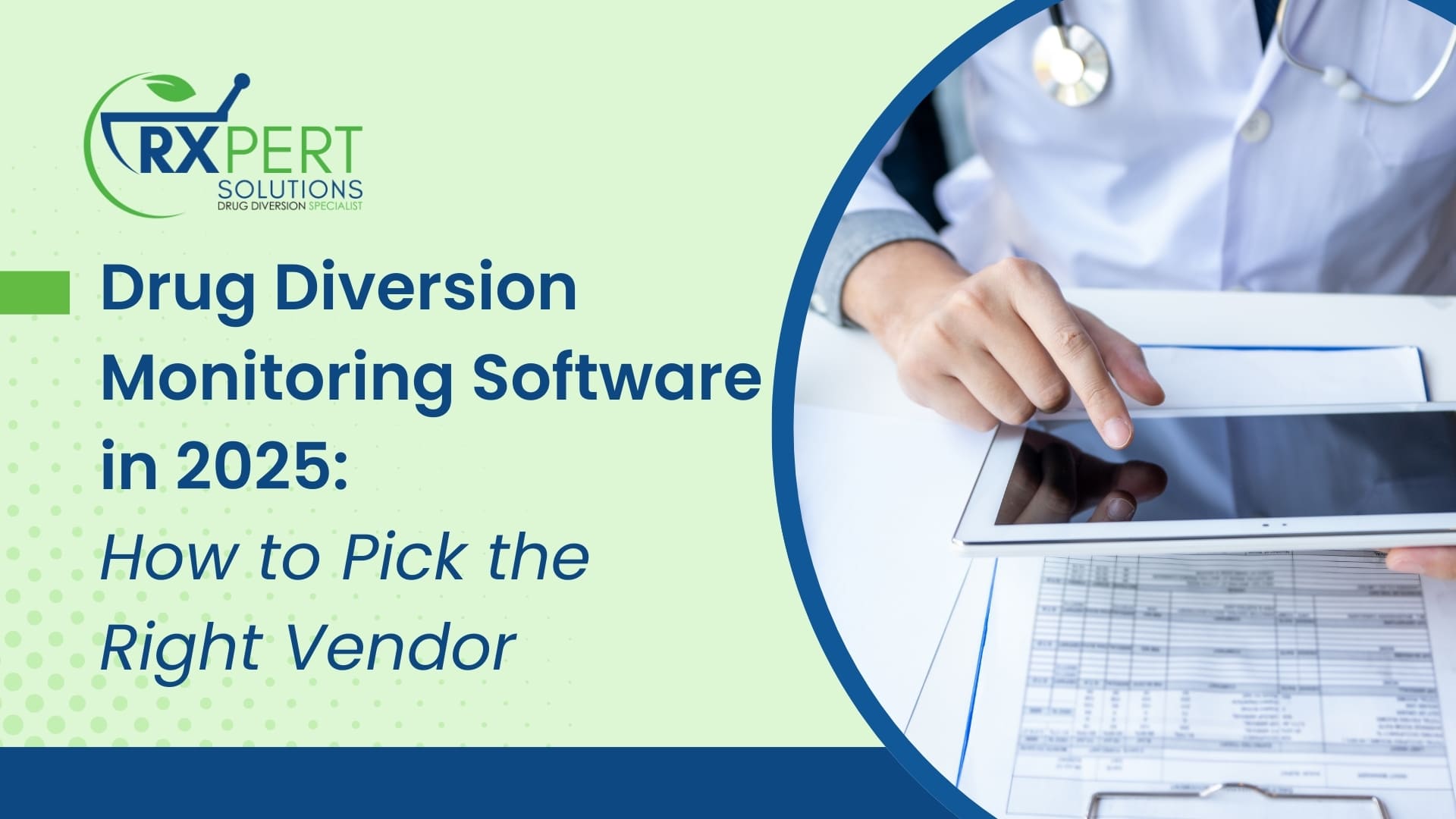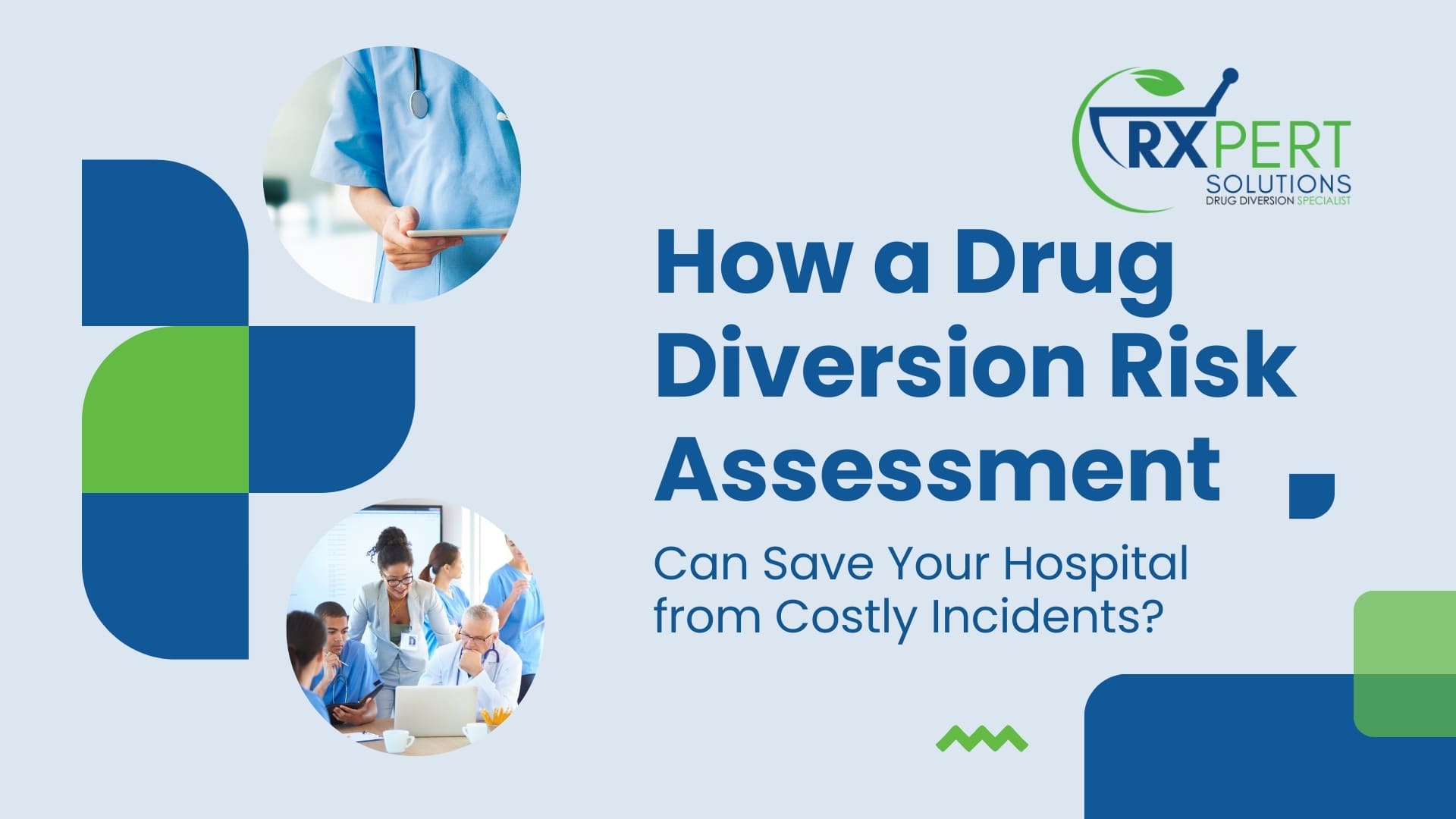How well is your facility doing when it comes to staff voluntarily reporting adverse events and medication errors? Voluntary reporting should not be the sole means by which we identify areas for improvement, but it is a valuable avenue, and reporting should be the expectation. At one point, I was part of a regulatory prep team that went on a monthly basis to a nursing unit within the facility with a list of questions. The purpose of this visit was to ask questions and make observations that a surveyor would likely do while on-site and educate the nursing staff toward improvements if any were needed. The questions varied but I often threw in, for my own research, “Have you ever reported a medication error in our hospital’s reporting system?” Most of the time, and I mean probably 99% of the time, the answer was no. Once in a while I would get “oh yes” and occasionally “once” would be the response. Why don’t they report? It could be one of several reasons:
- It takes too much time
- It didn’t reach the patient so it wasn’t really an error or worth reporting
- It feels like tattle telling
- What is the point, no one does anything about it anyway
- I don’t want anyone to get in trouble
- Ignorance, they did not realize they should report
It is our responsibility to educate the staff on why they need to report. It is also our responsibility to make sure the culture is not characterized as punitive when they report.
ISMP is offering a webinar on September 15th titled Enhancing your Medication Error Reporting Program to Improve Global Medication Safety. It’s a bit early for us on the west coast (0800 ET), but it might give you some good ideas on how to improve your reporting numbers! Click here to register.





